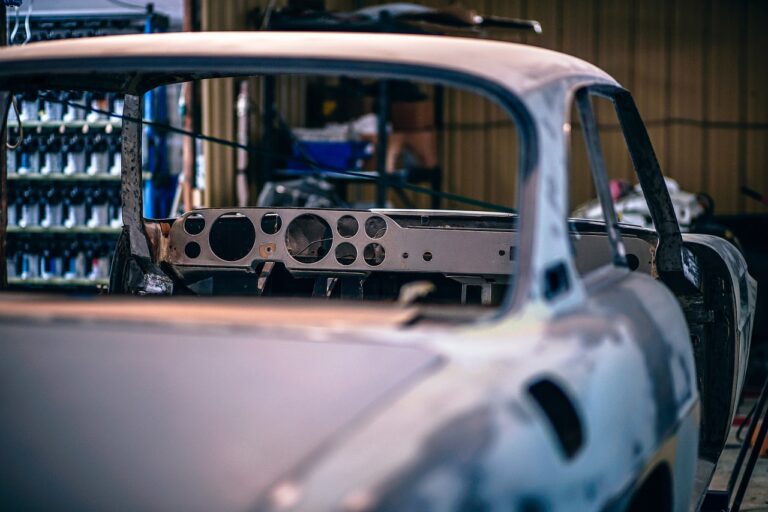Predictive Maintenance through Industrial IoT in Car Manufacturing
Industrial IoT, or the Internet of Things, is transforming the landscape of car manufacturing maintenance. Today, vehicles are equipped with sensors and smart devices that collect real-time data on various aspects of the manufacturing process and vehicle performance.
These connected devices allow manufacturers to monitor the health and efficiency of production equipment, as well as the condition of vehicles on the assembly line. By analyzing this data, issues can be identified early on, leading to proactive maintenance and reducing the likelihood of unexpected breakdowns.
The Importance of Predictive Maintenance in the Automotive Industry
Predictive maintenance plays a crucial role in the automotive industry by enabling manufacturers to predict potential machine failures before they occur. By utilizing real-time data from sensors and machines, automotive companies can identify patterns and trends that indicate when maintenance is needed. This proactive approach helps prevent unexpected breakdowns, increases operational efficiency, and reduces downtime.
Implementing predictive maintenance also allows car manufacturers to better plan and schedule maintenance activities, leading to cost savings and improved resource allocation. By accurately predicting maintenance needs, companies can avoid unnecessary servicing or replacement of parts, ultimately prolonging the lifespan of machinery and equipment. Additionally, the data-driven insights provided by predictive maintenance enable automotive companies to make informed decisions to optimize their maintenance strategies and enhance overall productivity.
Challenges Faced in Implementing Predictive Maintenance in Car Manufacturing
Predictive maintenance in car manufacturing offers numerous benefits, but implementing it comes with its own set of challenges. One common issue is the vast amount of data that needs to be collected and analyzed in real-time to accurately predict potential maintenance needs. This requires advanced analytics tools and technologies, as well as skilled personnel to interpret the data effectively.
Another challenge is the integration of predictive maintenance systems with existing manufacturing processes. Car manufacturers often have complex production lines with interconnected systems, making it difficult to seamlessly incorporate predictive maintenance without disrupting ongoing operations. This integration process can be time-consuming and costly, requiring careful planning and coordination across various departments within the manufacturing facility.
Integrating predictive maintenance systems with existing manufacturing processes
Vast amount of data collection and analysis in real-time
Advanced analytics tools and technologies required
Skilled personnel needed to interpret data effectively
Complex production lines with interconnected systems
Time-consuming and costly integration process
Careful planning and coordination across various departments within the manufacturing facility
What is Predictive Maintenance in car manufacturing?
Predictive maintenance in car manufacturing involves using data from sensors and IoT devices to predict when a machine or equipment is likely to fail, allowing for maintenance to be performed before a breakdown occurs.
How does Industrial IoT revolutionize car manufacturing maintenance?
Industrial IoT allows for real-time monitoring of equipment and machinery, enabling car manufacturers to collect data on performance and health status. This data can then be used to implement predictive maintenance strategies, optimizing the maintenance schedule and reducing downtime.
Why is Predictive Maintenance important in the automotive industry?
Predictive maintenance helps car manufacturers reduce unplanned downtime, improve equipment reliability, and increase efficiency. By predicting when maintenance is needed, manufacturers can schedule maintenance during planned downtime, minimizing disruptions to production.
What are some challenges faced in implementing Predictive Maintenance in car manufacturing?
Some challenges in implementing predictive maintenance in car manufacturing include integrating IoT devices and sensors into existing equipment, managing and analyzing large amounts of data, training employees on new technologies, and overcoming resistance to change within the organization.







